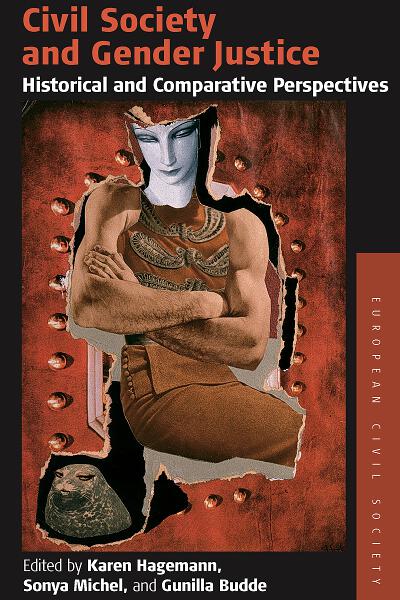March 9th is National Barbie Day! This iconic toy premiered on this day in 1959. To celebrate, we’ve highlighted relevant new titles as well as FREE access to related journal articles.
Continue reading “Celebrating National Barbie Day”Tag: gender
Celebrating Women
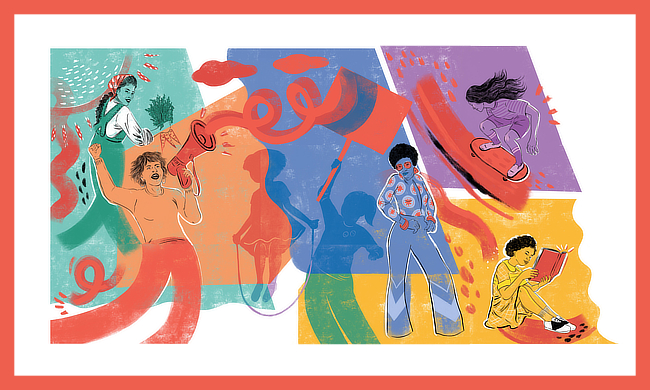
Women’s History Month, celebrated during March in the US, and International Women’s day, celebrated March 8th across the world, present an opportunity to honor women’s contributions to history, culture and society while calling for greater equality.
In recognition, Berghahn is delighted to offer discount code IWD2022 for 25% off all Gender Studies print & eBooks throughout March. In addition, Berghahn Journals is offering FREE access to Girlhood Studies until March 15th. Scroll down to view redemption details and read Open Access volumes of the journal Aspasia: The International Yearbook of Central, Eastern, and Southeastern European Women’s and Gender History.
Continue reading “Celebrating Women”
Spring Simulated Shelves

Browse our February and March 2020 releases in Anthropology, Archaeology/Heritage Studies, History, Memory Studies, and Mobility Studies and see what’s new in paperback.
The Emotional Language of Flowers
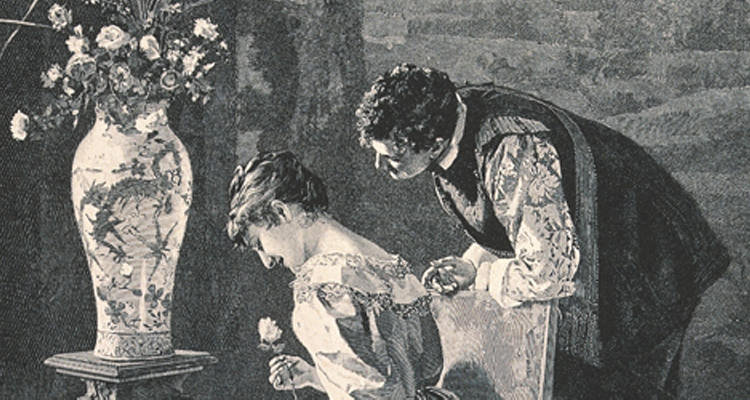
The following is an excerpt from Ute Frevert’s “The Emotional Language of Flowers,” a chapter found in FEELINGS MATERIALIZED: Emotions, Bodies, and Things in Germany, 1500–1950, edited by Derek Hillard, Heikki Lempa, and Russell Spinney. Learn more about the book here.
Continue reading “The Emotional Language of Flowers”An Interview with Nafisa Shah, Author of Honour and Violence
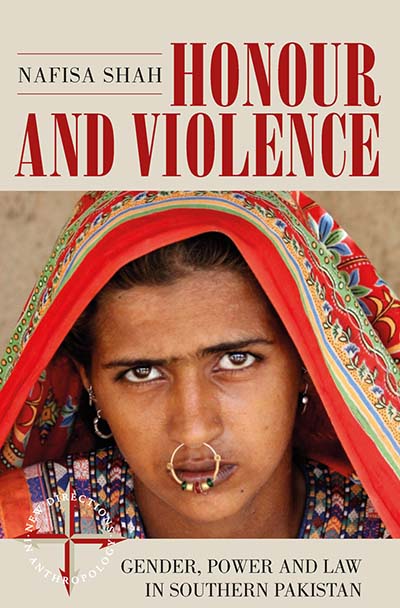 The following is an interview with Nafisa Shah about hew new book Honour and Violence: Gender, Power and Law in Southern Pakistan.
The following is an interview with Nafisa Shah about hew new book Honour and Violence: Gender, Power and Law in Southern Pakistan.
1) When did you begin working on Honour and Violence? Can you briefly tell us about your journey as a journalist, scholar, and politician following honor killings in Pakistan?
Honour and Violence is a process, a part of the journey, and not a product or a culmination. It is a coming together of different perspectives in the different roles through which I studied the phenomenon of karo kari, a practice that allows men to take lives of women in his family if accused and seen to be engaging in relationship outside or before marriage by invoking honour violation.
In 1992, as a young and fiery journalist, I travelled to Kashmore, and wrote the first story on honour based customs and practices in Upper Sindh for Newsline, a monthly news and features magazine headed by a woman editor, the late Razia Bhatti.
Then a few years later, as a Reuters fellow at Green College, Oxford I followed it up with a longer piece. My supervisor there, late Helen Callaway, was the first scholar to suggest I needed to convert these shorter journalistic pieces to something more longterm and showed me the academic route. And that’s where I built on whatever I saw and used the anthropological lens, which would allow me to communicate the problem to the wider world. Continue reading “An Interview with Nafisa Shah, Author of Honour and Violence”
The Berkshire Conference of Women Historians
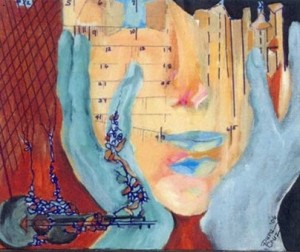 We are delighted to inform you that we will be present at The Berkshire Conference of Women Historians at Hofstra University in Hempstead, NY on June 1-4, 2017. Please stop by our table to browse the latest selection of books at discounted prices & pick up some free journal samples.
We are delighted to inform you that we will be present at The Berkshire Conference of Women Historians at Hofstra University in Hempstead, NY on June 1-4, 2017. Please stop by our table to browse the latest selection of books at discounted prices & pick up some free journal samples.
If you are unable to attend, we would like to provide you with a special discount offer. For the next 30 days, receive a 25% discount on all Gender Studies titles found on our website. At checkout, simply enter the discount code Berks17. Visit our website to browse our newly published interactive online Spring/Summer 2017 New Titles Catalog or use the new enhanced subject searching features for a complete listing of all published and forthcoming titles. Continue reading “The Berkshire Conference of Women Historians”
60% off Gender Studies Titles
As we enter a New Year full of political and economic uncertainty, opportunities in education, and the integrity of evidence-based opinion and decision-making are under attack globally from a populist but neo-liberal philosophy seeking to advance, with depressing success to date, the cause of individualism over the social fabric.
While there will continue to be questions over the character, competence and temperament of many of the world’s political leaders over the coming years, Berghahn will continue to champion the values of accessible scholarly learning, and the spirit of protest, reform, equality and tolerance.
To that end, and with the Women’s March on Washington in mind, we are delighted to offer, in the form of a New Year tonic, a 60% discount off all Gender Studies titles, purchased via our website over the next 7 days. At checkout, simply enter the code NYGEN17.
The books featured below form just a small selection from our complete list of Gender Studies titles. For a full list, please visit our website.
Researching Girls of Color
The following is a guest blog post written by Sharon Lamb, co-author of the article Pride and Sexiness: Girls of Color Discuss Race, Body Image, and Sexualization, which appeared in Volume 8, Number 2 of the journal Girlhood Studies.
Way back when, my/our research group was interested in the issue of sexualization of girls and how girls conceived of it. We wanted to dive into the dilemma and critique of the APA Sexualization of Girls Task Force Report that suggested the co-authors, myself included, represented girls as dupes of the media, rather than shapers of it who make their own meaning from it. Typically, I have found, White middle class feminist students have been interested in the idea of sexualization although that may have been a result of my being a White middle class feminist (in their eyes, that is, — I wasn’t always middle class!). But that year, in the research group, a woman of color joined us and she was also doing a Practicum at a charter school (with 7th-12th grade students) that was quite diverse, more diverse that we at the time realized. She offered to make the connection for us and so we set about thinking through the questions we wanted to ask girls themselves about what is sexy and what is sexualization, and how race and ethnicity might intersect with their ideas.


